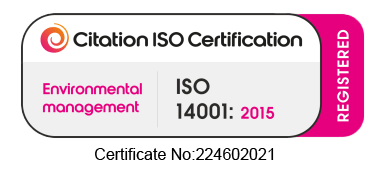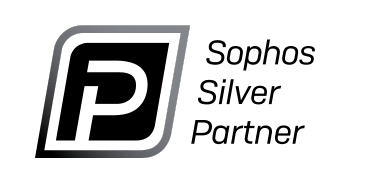In today’s digital landscape, the consequences of non-compliance in IT security are severe and far-reaching. Organisations that fail to meet established security standards not only risk financial penalties but also expose themselves to legal, reputational, and operational risks. This blog highlights the potential fallout from non-compliance and offers actionable tips for staying compliant, concluding with how 4th Platform can support your compliance and IT security management needs.
The Consequences of Non-Compliance
Financial Penalties
Non-compliance can lead to substantial fines from regulatory bodies. For example, under GDPR, organisations can face penalties of up to £17.5 million or 4% of their annual global turnover—whichever is higher. Similarly, failing to meet the requirements of frameworks like HIPAA, PCI DSS, or CCPA can result in hefty financial sanctions.
Legal Repercussions
Non-compliance increases the likelihood of legal actions, including lawsuits from clients or stakeholders. For instance, a data breach resulting from inadequate security measures can lead to class-action lawsuits, adding significant legal expenses to the already high cost of non-compliance.
Reputational Damage
A single compliance failure can tarnish your organisation’s reputation, leading to loss of customer trust and business opportunities. In an era where consumers value data privacy and security, maintaining compliance is crucial to preserving brand loyalty.
Operational Disruptions
Regulatory audits, investigations, and the implementation of corrective actions can disrupt daily operations. Non-compliance may also necessitate costly overhauls of IT systems and processes, impacting business continuity.
Tips to Avoid Non-Compliance Risks
-
Understand Applicable Regulations: Ensure your organisation is aware of all relevant IT security regulations, including GDPR, CCPA, HIPAA, and others applicable to your industry and region.
-
Conduct Regular Audits: Regularly assess your IT systems and processes to identify vulnerabilities and compliance gaps. Proactive audits can help you address issues before they escalate.
-
Invest in Employee Training: Employees are often the weakest link in IT security. Provide ongoing training to ensure staff understand compliance requirements and best practices.
-
Implement Robust Security Measures: Deploy advanced security solutions, such as firewalls, encryption, and intrusion detection systems, to protect sensitive data and systems.
-
Maintain Comprehensive Documentation: Keep detailed records of your compliance efforts, including policies, training logs, and audit results, to demonstrate adherence during inspections or audits.
-
Partner with Experts: Collaborate with IT security specialists who can provide guidance and support tailored to your organisation’s needs.
How 4th Platform Can Help
At 4th Platform, we specialise in IT security management and compliance solutions, ensuring your organisation meets the highest security standards. Our services include:
- Comprehensive Compliance Assessments: We identify gaps in your current IT security posture and recommend actionable steps to achieve compliance.
- Customised Security Solutions: From endpoint protection to advanced threat detection, we offer tailored solutions to safeguard your systems and data.
- Ongoing Monitoring and Support: Our team provides 24/7 monitoring and support, ensuring your IT environment remains secure and compliant.
- Employee Training and Awareness Programmes: Equip your workforce with the knowledge and tools they need to maintain compliance.
Failing to comply with IT security regulations can cost your organisation more than just money. It can jeopardise your reputation, disrupt operations, and lead to costly legal battles. Don’t let non-compliance put your business at risk.
Partner with 4th Platform today to ensure your organisation’s IT security and compliance needs are met efficiently and effectively. Contact us today, to learn how we can help you stay ahead of regulatory requirements and safeguard your business.
For all businesses, agility and innovation are essential for staying competitive. But what happens when employees act faster than your IT policy can keep
Artificial Intelligence (AI) is transforming industries by improving efficiency and decision-making. However, cybercriminals are also harnessing AI to create more sophisticated and targeted cyber
For many growing businesses, having access to board-level IT leadership can make the difference between simply maintaining systems and using technology as a driver
In sectors where client trust is everything legal, accountancy, financial services the cost of a cyber breach goes far beyond lost data. It strikes
In today’s rapidly evolving business landscape, relying solely on reactive IT support can hinder your organisation’s growth and resilience. Without a strategic IT roadmap,
How 4th Platform (Powered by Gamma) keeps your business ahead with Cloud Communications. The UK’s analogue phone network is being switched off in 2027, and
Why getting your cloud setup right the first time matters more than you think. Cloud services have revolutionised how modern businesses operate offering flexibility,
Despite increased awareness of cyber threats across the legal sector, law firms continue to be prime targets for cybercriminals. These attacks are no longer
In today’s fast-paced business environment, technology is the backbone of productivity. When IT systems run smoothly, employees can focus on their tasks without unnecessary
When we think about cybersecurity threats, external hackers and cybercriminals often come to mind. However, some of the most significant risks come from within


















